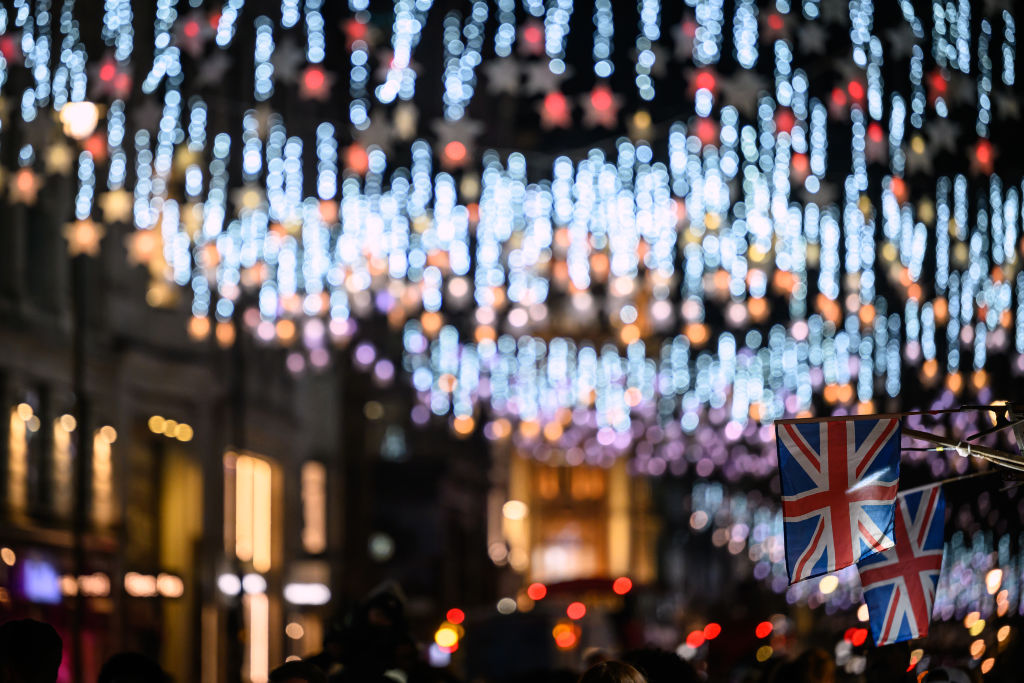The tourist tax is hurting Britain, no matter what Rishi Sunak says

Rishi Sunak has insisted charging tourists for VAT isn’t damaging London as a destination, but brands are telling a very different story, writes Dee Corsi.
Last week, Mulberry’s results made clear the impact that the ‘tourist tax’ is having on some of our most iconic brands. Despite a positive group performance overall, Mulberry’s sales in the UK are down – indicating that the absence of tax-free shopping is undercutting the home advantage that British brands have, and diverting spend away from our own high streets.
This directly contradicts the Prime Minister’s recent comments that tax-free doesn’t impact British people. In reality, it is already having a tangible impact on some of our internationally renowned British heritage brands and everyone associated with them. These are businesses who represent the very best of British, in some cases for hundreds of years, and we should be doing all we can to protect and celebrate them in the U.K.
From a global group perspective, Mulberry says it is optimistic – other markets are performing well, and it still regards London as an iconic shopping destination. But many smaller, independent British businesses do not have the same safeguards against the ‘tourist tax’ as companies with global reach, like Mulberry. Savile Row, for example, has an influence which spans the globe and a reputation for unrivalled British craftsmanship which cannot be replicated elsewhere. The name of the street itself is synonymous with the finest tailoring – a reputation built up over centuries and generations. Nonetheless, these tailors recently came out in force to speak about the impact tax-free shopping is having on their businesses as customers head to Paris or Milan to take advantage of a 20 per cent discount they cannot compete with.
Just as the ‘tourist tax’ impacts British brands on a company level, so too does it impact the individuals it employs. Most British brands still operate significant manufacturing hubs in regional locations across the country, and these highly skilled artisans must be protected as a crucial part of our heritage and the wider economy. Securing their future will help support sustainable, long-term job growth across the country, from manufacturing facilities all the way to the shop floor. A loss to profits due to the absence of tax-free shopping only serves to jeopardise this.
There is also the knock on effect on the wider tourism ecosystem to consider. According to VisitBritain data, half of long-haul travellers see shopping as their priority in the U.K. If we do not offer tax-free benefits then those most motivated by shopping will simply go elsewhere. This, in turn, stops them spending in our hotels, restaurants and cultural attractions across the nation. As a result, according to independent research from Oxford Economics, we are currently losing out on a boost to the country’s GDP of more than £4bn, and the support of 78,000 jobs.
To actively encourage tourists to buy British products outside of the U.K., rather than on home ground, is a disservice to our iconic brands, big and small. We need to be able to compete on an even playing field.
With British brands speaking up about the impact the ‘tourist tax’ is having on their businesses, we would urge the Prime Minister and Treasury to instruct a formal review of the current tax-free policy to understand the full effects it is having on our economy.
‘Made in Britain’ is a calling card the world over. We must now do all we can do celebrate and protect British brands who have been so instrumental in building this reputation, and driving growth across the country.
